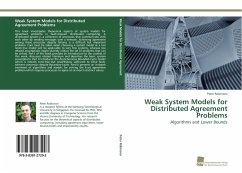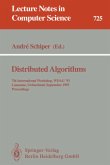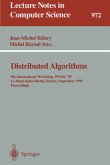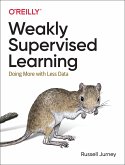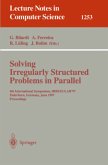This book investigates theoretical aspects of system models for agreement problems in fault-tolerant distributed computing. A distributed system is a collection of processes that communicate with each other by sending messages over a network. Achieving agreement among these processes despite failures is a difficult but important problem. Care must be taken when choosing a system model as a too restrictive model will be applicable to very few systems, whereas too relaxed assumptions might severely reduce the set of problems that can be solved. Part I of this book provides an introduction to the context of this work, discusses related literature and describes the basic system assumptions. Part II introduces the Asynchronous Bounded-Cycle model which is entirely time-free but nevertheless sufficient to solve fault-tolerant consensus despite Byzantine faults. Part III presents an in-depth treatment of algorithms and models for solving the k-set agreement problem which requires processes to agree on at most k distinct values.
Bitte wählen Sie Ihr Anliegen aus.
Rechnungen
Retourenschein anfordern
Bestellstatus
Storno

